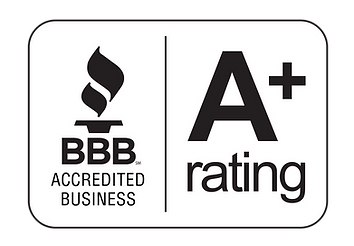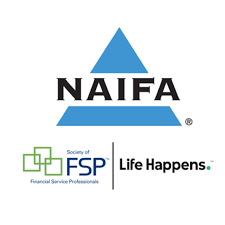TREASURY FUNDED STRUCTURED SETTLEMENTS
Internal Revenue Code §130(d) states that the term "qualified funding asset" means any annuity contract issued by a company licensed to do business as an insurance company under the laws of any State, or any obligation of the United States.
Treasury Funded Structured Settlements
Treasury Funded Structured Settlements add the security of United States Government obligations, among the safest financial instruments available and rated AAA by Fitch, Aaa by Moody's and AA+ by S&P. A safe alternative structured settlement funding method for very conservative plaintiffs and contingent fee lawyers.
Treasuries are an eligible Qualified Funding Asset
Internal Revenue Code §130(d) states that the term "qualified funding asset" means any annuity contract issued by a company licensed to do business as an insurance company under the laws of any State,
or any obligation of the United States.
Under the Treasury Funded Structured Settlement program, through Structured Assignments, SCC, every payee in a qualified structured settlement is given secured creditor status. In the unlikely event anything were to happen to the trustees, the payee would "perfect" their security interest and take possession of the Treasury obligations funding their structured settlement.
How Are Assets Held with Treasury Structures?
Treasury Funded Structured Settlements placed through Structured Assignments, SCC, are held in trust at Midwest Trust, an independent, state-chartered U.S. Trust Company based in Overland Park Kansas.
Under Federal law, assets held in a trust by trustees are not part of the trustee's assets, nor are they legally subject to claims of creditors (Title 12, Section 194 of the United States Code). Midwest Trust further secures the payments by issuing a "Keep Well Agreement", pledging that the assets held in the Structured Assignments, SCC trust may not be used for any purpose other than paying future periodic payment obligations of Structured Assignments, SCC.
Plaintiff lawyers should not simply avoid a structured settlement during periods of global financial uncertainty because such a decision could have life impacting consequences to a tort victim. This is because that once a release has been signed (either with a defendant, insurer or qualified settlement fund trustee) the tax benefits of a structured settlement are forever lost.
A Treasury Funded Structured Settlement may be used alone, in conjunction with a structured settlement annuity as a part of a diversification strategy, or using the annuity as the lifetime payment “caboose”.
Payments from a "Treasury Bond Trust" can pour over into a Settlement Preservation Trust or Settlement Protection Trust.
A Treasury Funded Structured Settlement can be used to fund settlements in a wide variety of cases involving either taxable or non taxable damages, including (but not limited to) Structured Attorney Fees; Divorce, Construction Defects, Breach of Contract, Workers Compensation, Disability Buyouts, Employment Litigation, Structured Installment Sales, Legal Malpractice, Environmental clean ups, Lottery and other contests, Punitive Damage, Property Disputes.
Trade Off Between Treasury Funded, Annuity Funded and Market Based Structured Settlements
Treasury Funded Structured Settlement offer added security with a trade off. Treasury Funded Structured Settlements have a yield that is generally lower than annuity funded structured settlements and market based structured settlements. Furthermore, one cannot contract for lifetime payments, which are the province of annuity funded structured settlements.
Treasury Funded Structured Settlement quotes differ from structured settlement annuity quotes in that there are no lock-ins available. Treasury funded structured settlement quotes are illustrative, the actual mount of each modal paymentThe actual amount of each modal payment is not determined until the United States Treasuries are purchased. In some cases there may be a passage of time to obtain court approval, where required by law.
For more information on United States Treasury Funded Structured Settlements please and how to document them, please contact structured settlement expert John Darer at (888)325-8640. The call is toll-free in the United States.
Last updated October 5, 2024
#treasuryfundedstructuredsettlements #tbondtrust





